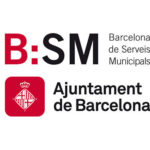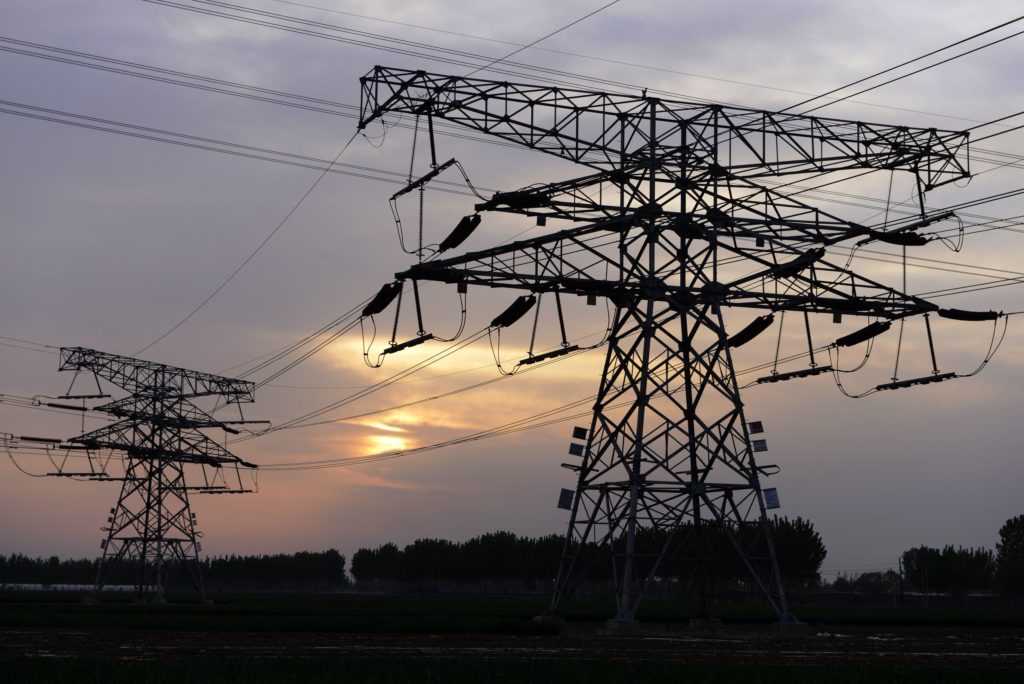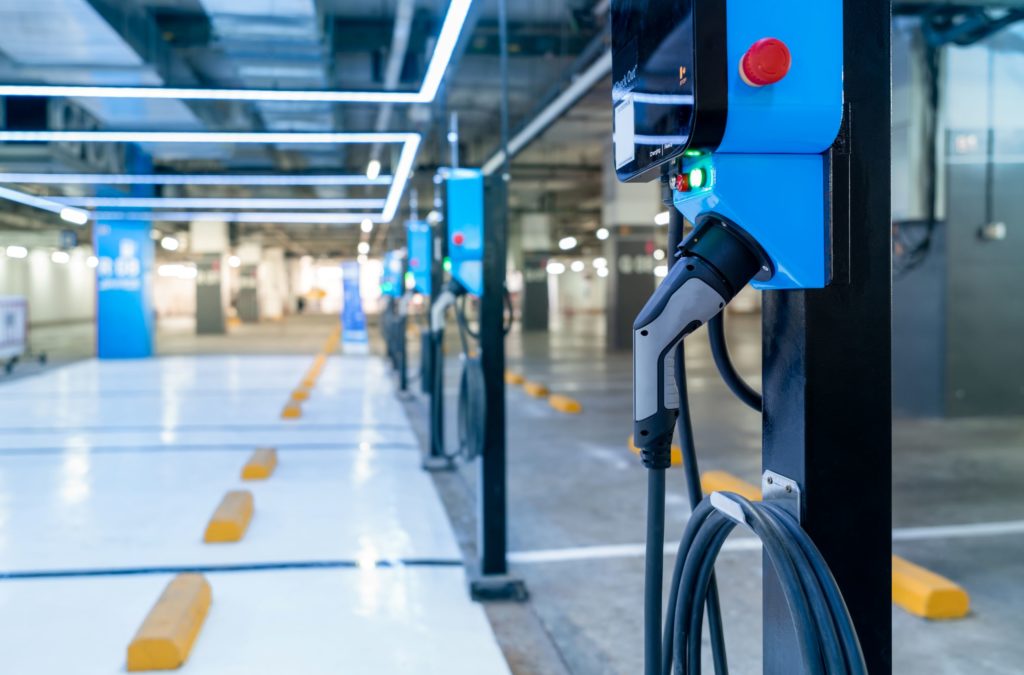Context
Due to the climate emergency, it is necessary to measure and reduce the environmental footprint of urban services and infrastructure. In this sense, the public company Barcelona de Serveis Municipals (B:SM), is facing growing demand for electric chargers in its car parks due to the increase in electric mobility in the city of Barcelona.
Owned by B:SM, Endolla Barcelona is the most extensive public network of charging points in Spain, with more than 650 points located throughout the city (6 points/km2) and is among the most extensive in Southern Europe.
There is a need to understand how each charging point is contributing to the demand peak and what possible margin there is to install more chargers and not overload the network and, on the other hand, optimize the general consumption at all times.
Awesense won the Tech & Climate Call for Solutions convened by Digital Future Society in the collaboration with the City Council of Barcelona. Awesense was chosen to help Endolla Barcelona -the city’s charging points network- to continue making progress in optimizing its electricity consumption.
The solution
Awesense is a Canadian digital energy platform enabling utilities, industrials and other customers to design the applications, analytics, and solutions they need to prepare for the future of energy.
Multiple data sources were integrated in order to derive insights helping to understand where additional charging infrastructure can be installed, which will therefore encourage further growth of electric vehicles in the region. A follow-on exercise was to test and evaluate the Awesense’s solution (platform) and how it has helped optimize the use of the charging network, the energy systems in the parking, and how it has helped contribute to an increase in electric vehicle use in the region, and a reduction in BSM’s carbon footprint.
The pilot
Awesense helped to develop a smart energy management system. The Awesense team, using the Awesense Digital Energy Platform, provided insight into the energy demand and energy consumption at Endolla charging points to reduce their environmental impact towards the goal of zero emissions. The pilot test was launched during the first quarter of 2022 using data collected from the last two years (2020-2021).
The Awesense team integrated meter and EV charging session data from the 500 charging points. Following the ingestion, using notebooks analysis on top of the Awesense Energy Data Model (EDM), the team could glean insights into the EV charging capacity of the area. The analytics provided the ability to visualize the power draw for any EV charger, with temporal drill-down down to minute granularity giving the B:SM team information on the EV charger utilization and EV contribution to the total load, especially during peak hours. From these insights, the B:SM can choose where and how many new EV chargers can be added to the network.
Outcomes
The pilot included the integration of data from more than 500 B:SM charging points distributed in underground parkings in Barcelona.
The integration and analysis of the data carried out by Awesense will provide invaluable information on the possibility of optimizing the use of electric vehicle infrastructure and the management of these for Barcelona, validating the power of data in the development of intelligent systems of power management.
The project allowed to create an accurate map of the use of electrical energy by electric vehicle chargers for each parking lot and how often each of the charging points is used.
In addition, the energy consumption of fully loaded vehicles, especially during peak hours, is known with greater certainty. Finally, the opportunities for future development of more chargers in different parkings, the increase in charging capacity and the intensive use of these chargers were identified.








